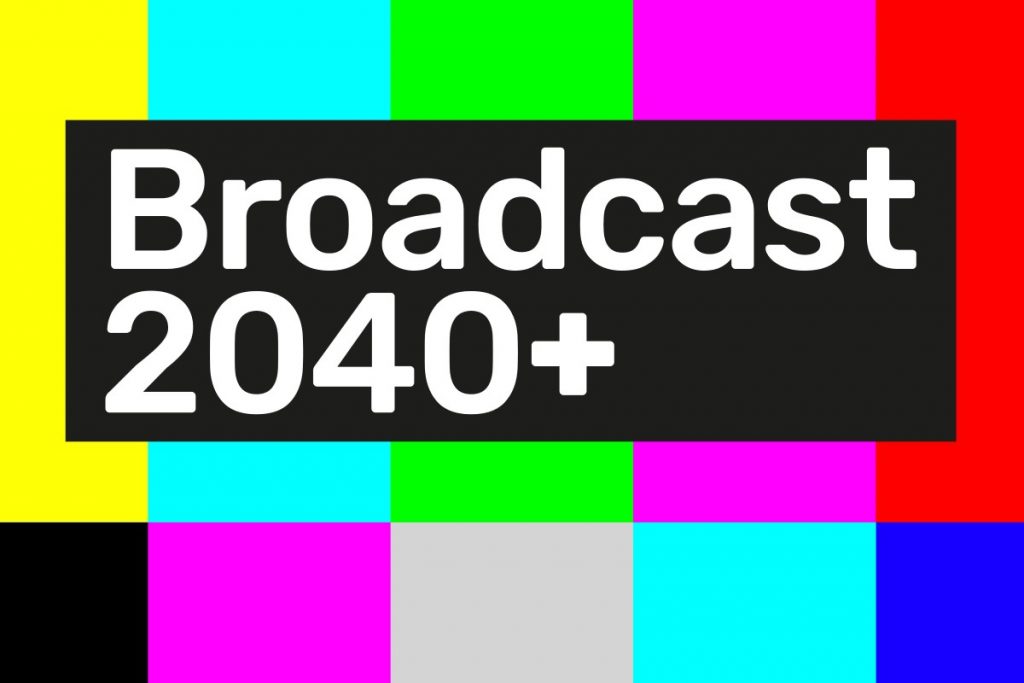Broadcast 2040+ campaign grows numbers
May 17, 2023
By Colin Mann

Pressure is mounting on the UK Government to safeguard digital terrestrial TV (more commonly known as Freeview) and aerial radio services until at least 2040, following record breaking viewing figures during Eurovision and the Coronation.
A coalition of groups calling for these vital services to be protected has expanded significantly in recent weeks, with a number of UK organisations representing a variety of different groups joining the crusade.
The Broadcast 2040+ campaign, which urges the Government to guarantee access to Freeview and radio services beyond 2040, now has 30 members.
New coalition partners include the Digital Poverty Alliance, an organisation committed to supporting those who live without, or with very minimal, access to the internet and the Campaign to End Loneliness, a network of organisations working to support lonely people reconnect with their community and the National Federation of the Blind of the UK.
Organisations from across the broadcast sector have signed up, including the Local TV Network (LTVN) which represents 34 local TV services, World DAB, the global industry forum for digital radio, and Together TV – the community-focused free-to-air channel.
Bringing together a broad coalition of voices, the Broadcast 2040+ campaign has one key ask: that the UK Government provides a public commitment to safeguarding broadcast TV and radio until at least the 2040s. Under the Government’s current policy, these services, and the important public service broadcasting and other content they carry, are only guaranteed until the early 2030s.
The campaign believes that a lack of certainty about the long-term future of broadcast services is likely to have a detrimental impact on the millions of people who rely heavily on them.
Freeview TV and broadcast radio are universally available and do not require a highspeed broadband connection or a monthly subscription cost, making these services well-suited to the needs of low-income households, senior citizens or those who live in the countryside.
The groups who rely on digital terrestrial TV and radio are among the most vulnerable in society including older people who may not have the digital skills to use streaming apps, those in rural areas who are less likely to have a superfast broadband connection, and those facing cost of living pressures who may struggle to afford monthly broadband or subscription costs.
Research from Ipsos shows the significant negative impact of the potential loss of broadcast TV and radio, particularly for those who are vulnerable when disconnected from public information, news and entertainment.
The expansion of the Broadcast 2040+ coalition follows significant TV viewing figures over recent weeks, which saw the nation come together to celebrate Eurovision and King Charles III’s Coronation.
Over 9.9 million watched the Eurovision Song Contest, which the UK hosted on behalf of Ukraine, setting a new record as the most watched grand final in history. Likewise, an impressive peak of 20 million Britons tuned in to celebrate the coronation of King Charles and Queen Camilla in Westminster Abbey on May 6th, in the most watched broadcast of the year.
According to the campaign, the huge numbers who watched these national moments on their terrestrial TV sets or listened on their broadcast radios demonstrates the vital importance of broadcast services to people up and down the country. The Broadcast 2040+ campaign believes these figures demonstrate clearly the continued role terrestrial TV and radio play in uniting the nation through shared live viewing and listening – which is something that must be safeguarded.
It says 2023 is a crucial year for the broadcast industry. Representatives from countries around the world are set to gather in Dubai in November for the World Radiocommunication Conference (WRC23). The UK will be represented by Ofcom, and Broadcast 2040+ is urging the regulator to send a clear signal that the long-term future of British broadcast services must be protected. That means ensuring no change to digital terrestrial television’s spectrum allocation, and no agreement to future change.
Elizabeth Anderson, Chief Operating Officer at the Digital Poverty Alliance and Learning Foundation at Digital Poverty Alliance said: “At Digital Poverty Alliance, we are committed to bringing communities together to create the social change needed to end digital poverty by 2030. We envision a world in which everyone has access to the life changing benefits that digital brings. That is why we are delighted to have joined the Broadcast 2040+ coalition to safeguard the future of broadcasting. While the whole of the UK enjoys these services, they are particularly important to the most vulnerable in our society, including . children who rely on educational programming, older people, those who are isolated or people struggling with the sheer cost of data needed to access online TV and radio streaming.”
Longstanding members of the Broadcast 2040+ coalition include Silver Voices, Age UK, the Rural Services Network, the Children’s Media Network, Arqiva, the British Broadcasting Challenge and the Voice of the Listener and Viewer. The campaign champions the long-term future of UK broadcasting and is calling for a firm commitment from Government to protect these services in the long term.
